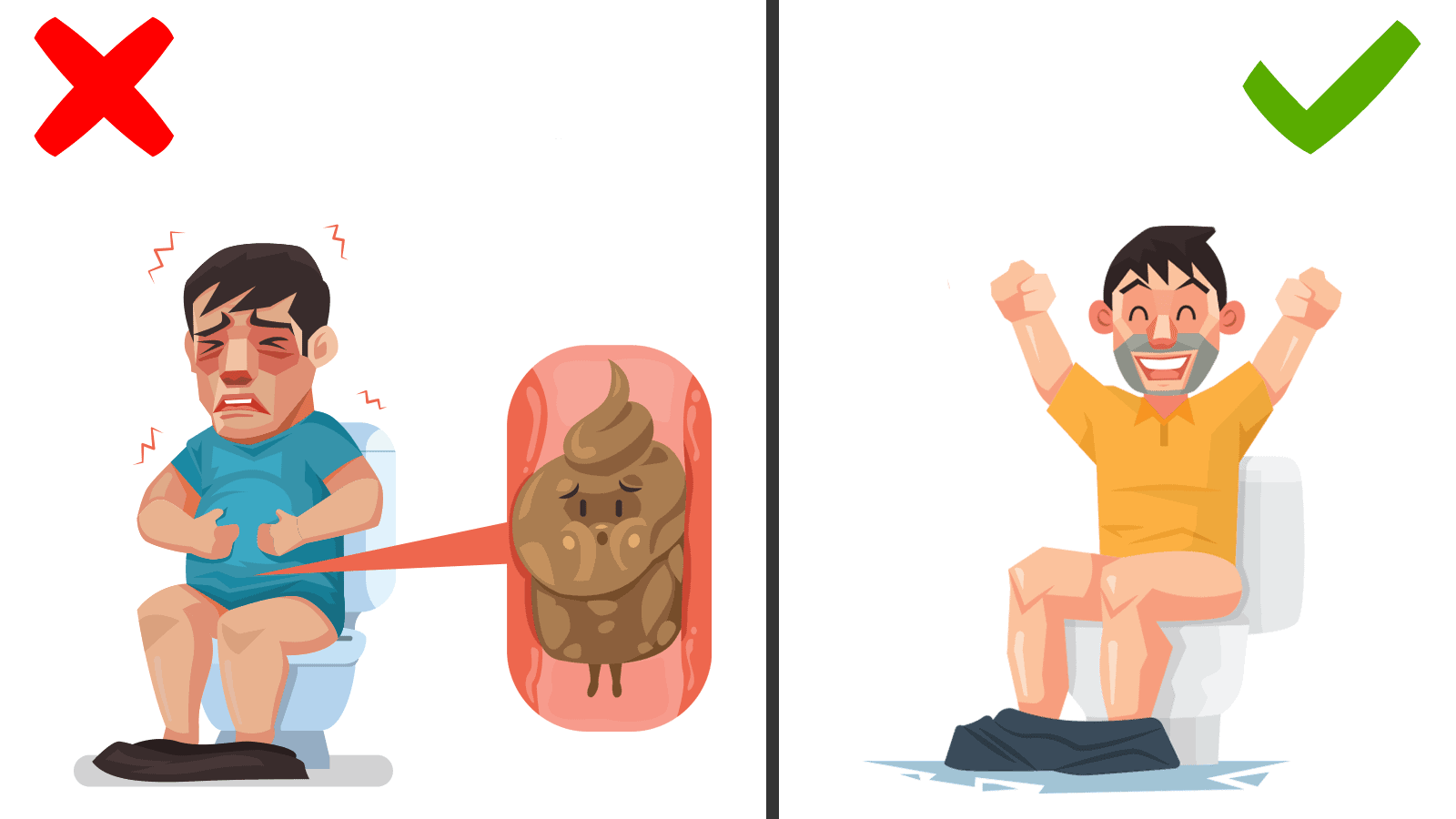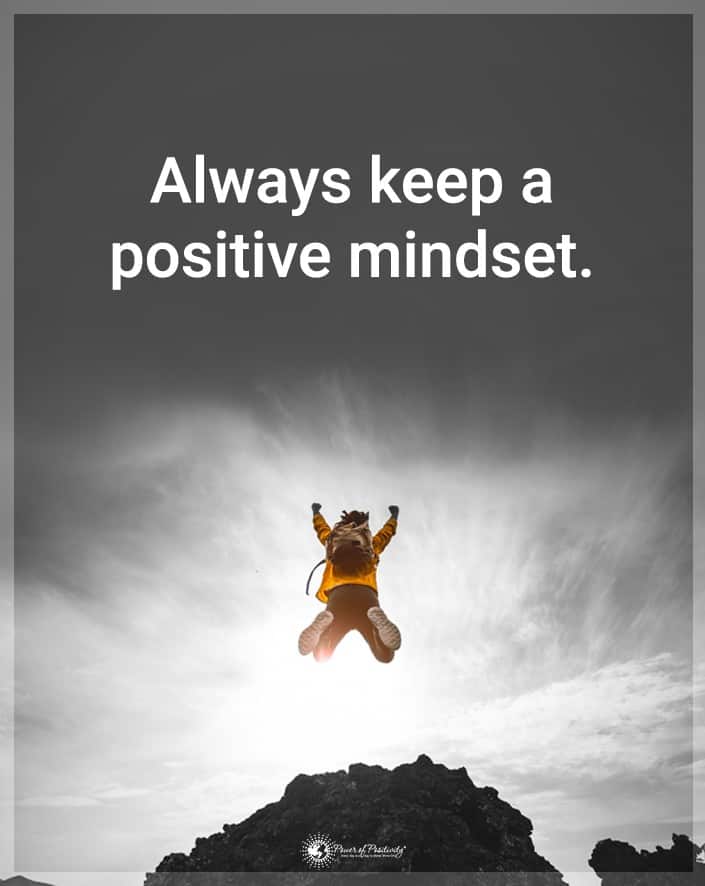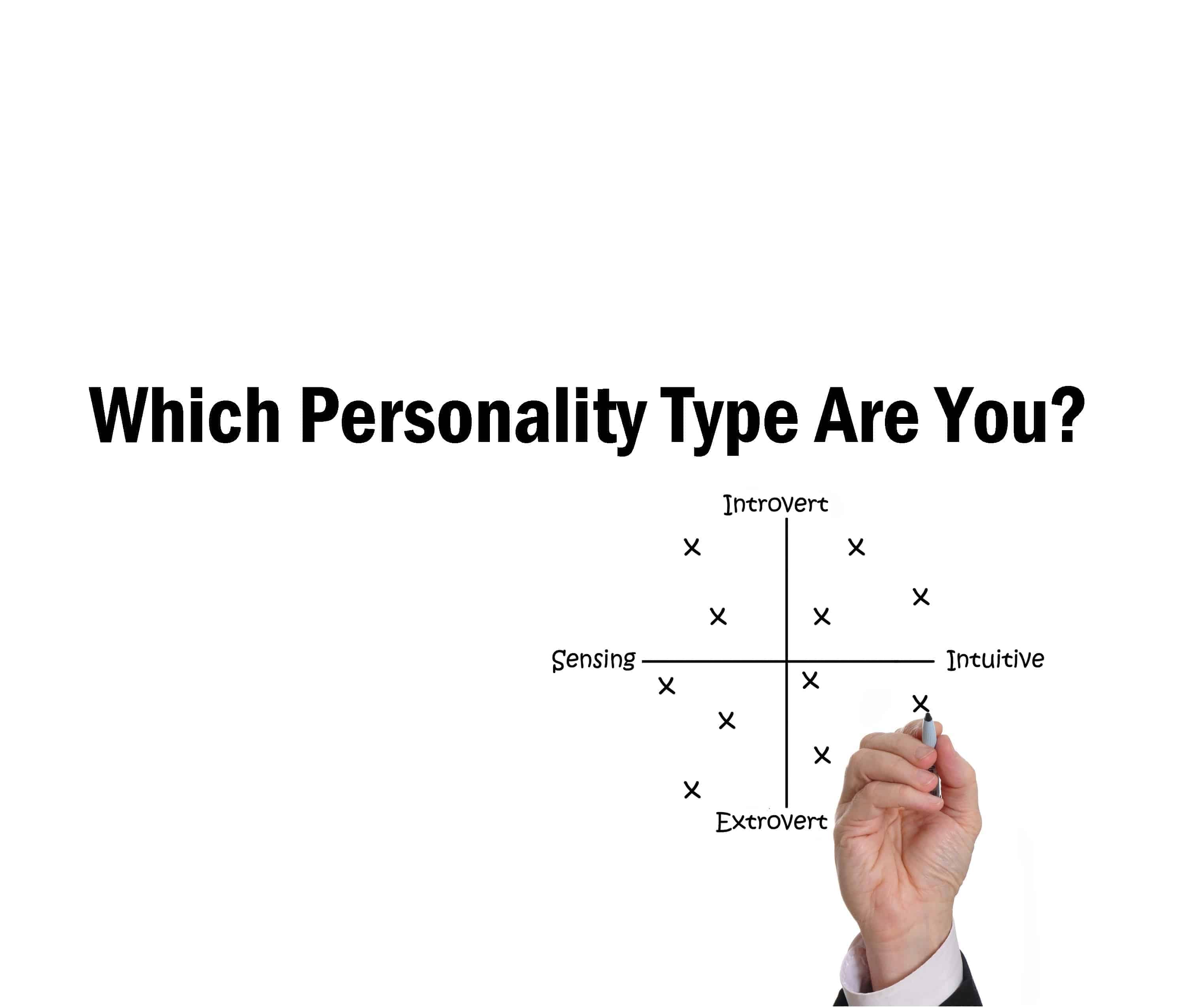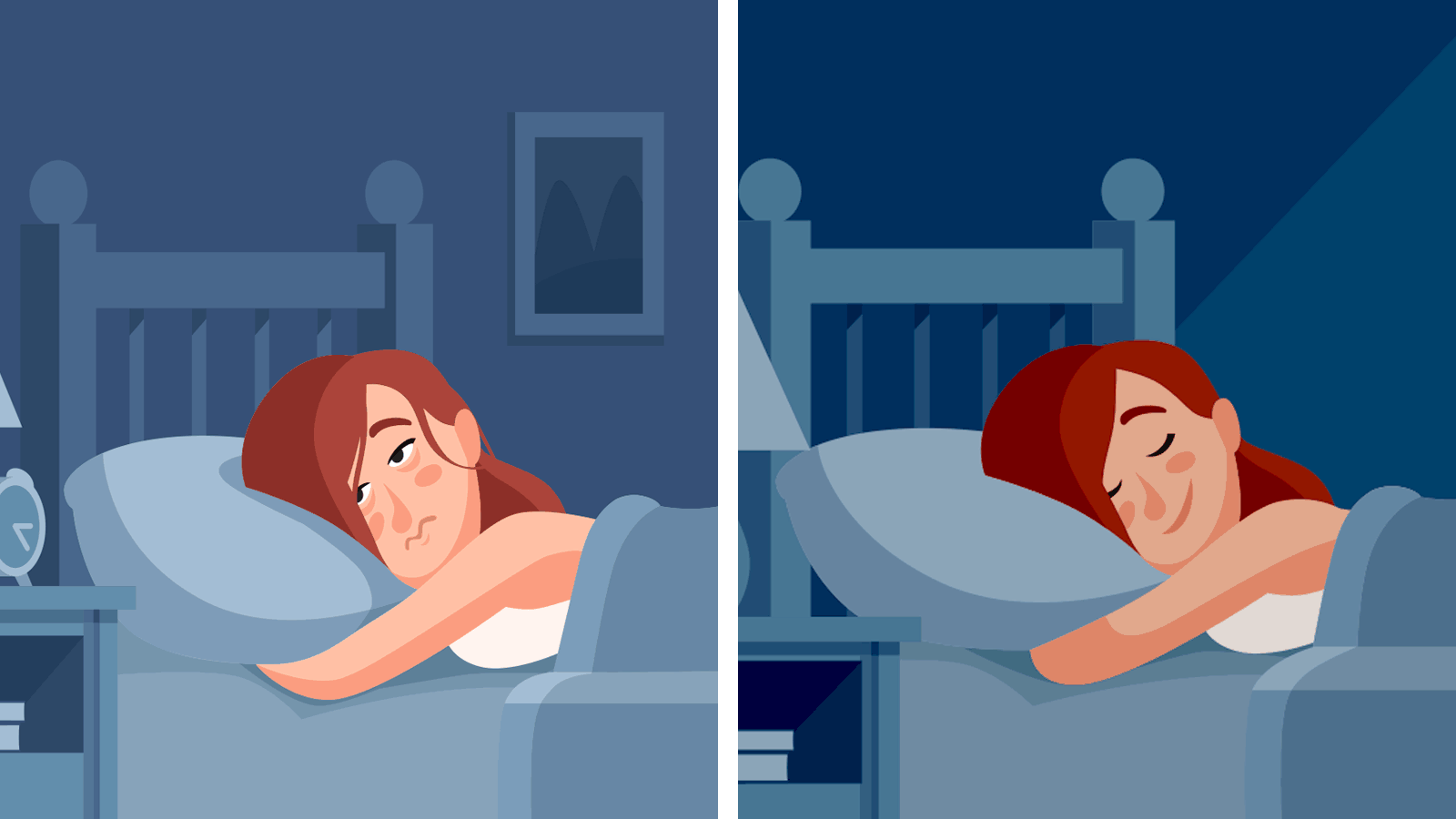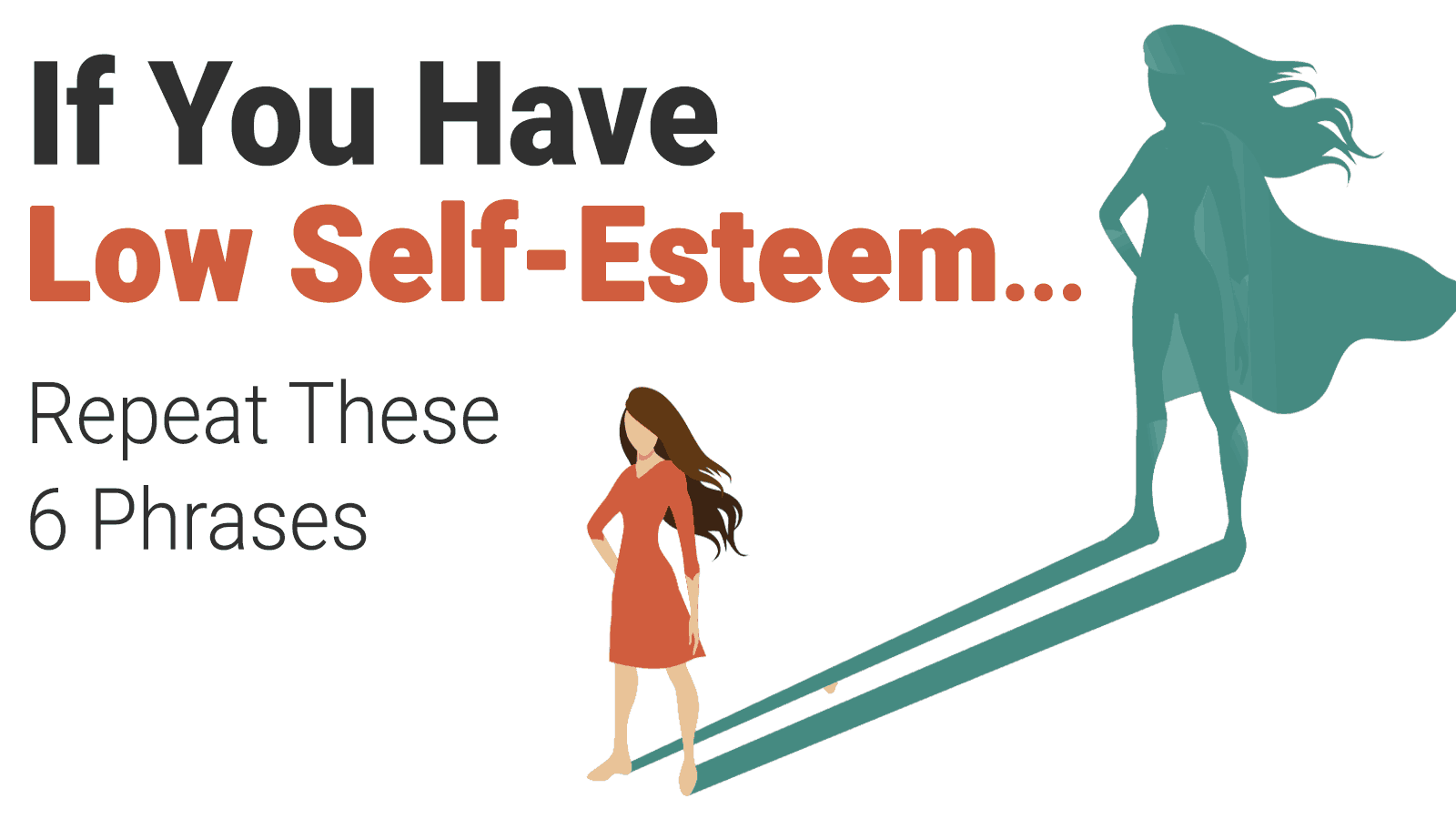About 15% of the population faces chronic constipation, but everyone has experienced at least mild effects. People with constipation experience symptoms like hard stools, passing stools less than thrice a week, inability to pass stool, and incomplete evacuation.
Here are fifteen constipation home remedies:
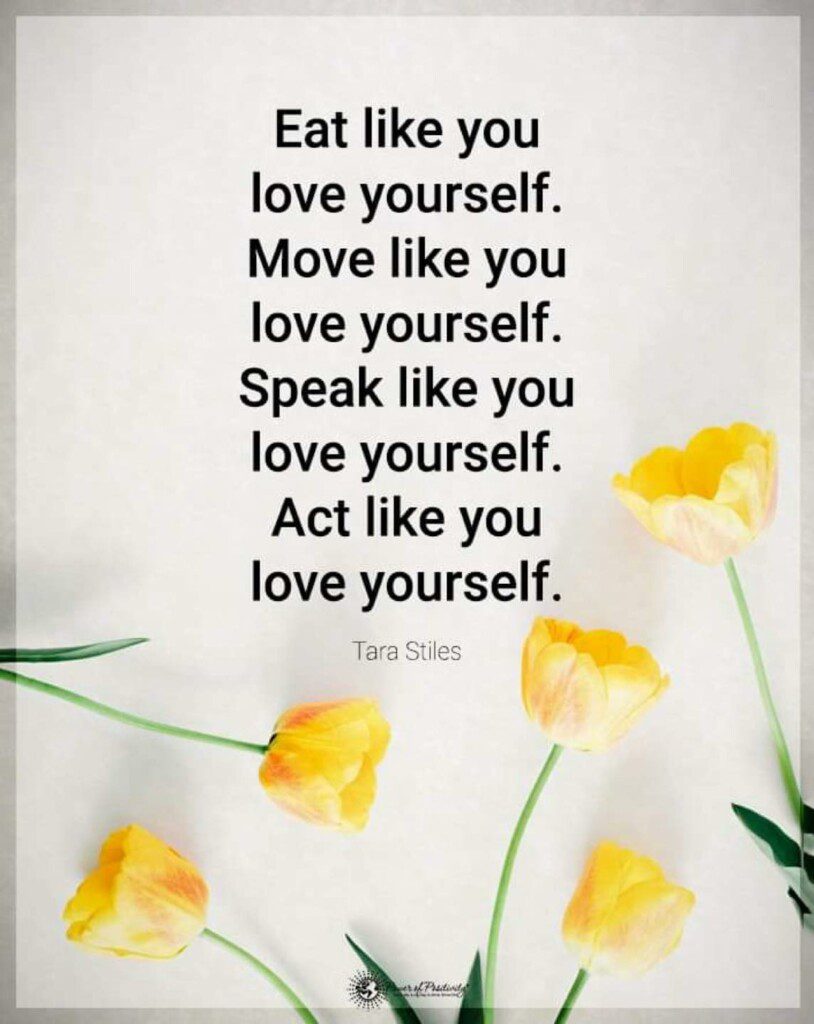
1. Avoid Dairy
In some cases, intolerance to dairy can lead to constipation due to its impact on your gut movements. Additionally, some children who are intolerant to milk protein of a cow, as well as adults who have lactose intolerance, may face constipation.
After suspecting your intolerance to dairy, attempt removing dairy foods from your meals temporarily to check for improvement. Be sure to replace the dairy with other foods that are rich in calcium.
2. Eat Prunes
Prunes are dried plums and include one of the top constipation home remedies. They are rich in fiber; three prunes consist of two grams of fiber. This represents the 8 percent daily fiber intake that is recommended by the American Heart Association.
Prunes contain an insoluble fiber called cellulose that increases the water amount in the stool and adds bulk. Additionally, the prune’s soluble fiber ferments in the colon to generate short-chain fatty acids that also make stool bulky.
Moreover, prunes contain sorbitol, a sugar alcohol that fails to be sufficiently absorbed by the body. Therefore, water goes to the colon, creating a laxative impact on some people. Prunes also have phenolic compounds that aid in stimulating essential gut bacteria that create a laxative effect.
3. Flax Seeds
Flax seeds are one of the oldest constipation home remedies due to their laxative impact. They are rich in both insoluble and soluble fiber, which makes them perfect for helping in digestion.
One tablespoon of flaxseeds has 2.8 grams of fiber, which is 11 percent of the required daily intake. Studies have shown the seeds’ ability to increase stool weight and frequency while shortening transit time in the small intestines.
The soluble fiber aids bacteria growth, increasing the mass of the stool while insoluble fiber retains water, increases bulk, and softens the stool in the colon.
4. Chia Seeds
Chia seeds are one of the best constipation home remedies due to their richness in fiber. 26 grams of chia seeds have 10.6 grams of fiber, which is 42 percent of the required daily intake. This fiber consists of 15 percent soluble fiber and 85 percent insoluble fiber.
When the seeds contact water, they create a gel. This gel assists in making stool softer and easier to pass. Additionally, the seeds can absorb 12 times their weight in water, which adds to the weight and bulk of stools.
Chia is ideal for consumption when sprinkled onto yogurt, oats, and cereal. They can also be added into veggie juice or a smoothie as well as mixed into dips, desserts, baked goods, and salad dressings.
5. Drink More Water
Regular dehydration can lead to constipation. Drinking sufficient water and remaining hydrated is one of the best constipation home remedies. During constipation, you can drink some sparkling water to rehydrate your body.
According to research, sparkling water has higher effectiveness than tap water when it comes to relieving constipation. This includes people who face irritable bowel syndrome.
Additionally, keep off carbonated drinks such as sugary soda since they are bad for your health and may worsen your constipation.
6. Eat Sweet Potatoes
Sweet potatoes have sufficient amount of fiber that aids in alleviating constipation. A medium-sized sweet potato has 3.8 grams of fiber comprising 15 percent of the required daily intake. Sweet potatoes typically have a higher percentage of insoluble fiber containing lignin and cellulose. They also have soluble fiber called pectin. One and a half cups of cooked sweet potatoes have 7.8 grams of fiber, which is 31 percent of the required daily intake.
Insoluble fiber adds weight and bulk to the stool to assist bowel movements. Regular consumption of sweet potatoes helps to improve constipation symptoms as well as reduce discomfort and straining. The food can be mashed, boiled, steamed, and roasted for eating.
7. Rhubarb
Rhubarb refers to a leafy plant that is popular for stimulating the bowel. It has a compound called sennoside A. The compound is a famous herbal laxative commonly called Senna.
Studies reveal that Sennoside A performs by reducing aquaporin 3 levels. Aquaporin 3 is a protein that aids in regulating water movement in the intestines. When the protein is low in the gut, less water moves to the bloodstream from the colon, promoting movements of bowel and making the stool softer.
A cup of rhubarb has 2.2 grams of fiber, which is 9 percent of the required daily intake. You can eat the stalk of the plant but avoid the leaves.
8. Eat Artichoke
Research reveals that artichokes have a prebiotic impact, promoting regularity and good gut health. Prebiotics are carbohydrates that cannot be digested such as inulin, and they feed the essential gut bacteria.
According to research, consumption of artichokes increases levels of Lactobacilli and Bifidobacteria. It also helps to reduce the levels of harmful gut bacteria. Moreover, prebiotics improve stool consistency and increase stool frequency in people experiencing constipation.
9. Citrus Fruits
Citrus fruits such as mandarins, grapefruits, and oranges are amazing sources of fiber. For instance, an orange has 3.1 grams of fiber comprising 13 percent of the daily requirement, while a grapefruit has 2.6 grams of fiber containing 10 percent of the daily needs.
These fruits also contain high levels of soluble fiber pectin, particularly in the peel. Pectin can alleviate constipation and speed up colonic transit time. Additionally, citrus fruits have naringenin flavanol that aids in reducing constipation.
10. Eat Greens like Spinach
Greens like spinach, broccoli, and Brussels sprouts are rich in fiber as well as folate, vitamin K, and vitamin C. These greens assist in adding weight and bulk to the stool, making them easier to pass through the digestive system.
A cup of spinach has 4.3 grams of fiber, which is 17 percent of the daily requirement.
On the other hand, five Brussels sprouts consist of 36 calories and 10 percent of the required daily intake. A stalk of broccoli has 3.6 grams of fiber, which is 16 percent of the necessary daily intake.
11. Eat Figs
Figs are ideal for boosting the intake of fiber and promoting healthy bowel habits. A medium-sized raw fig consists of 1.6 grams of fiber. Additionally, a half a cup of dried figs has 7.3 grams fiber, comprising 30 percent of the daily requirement.
According to research, consuming figs increases the weight of stool and reduces the transit time in the intestines. More research indicates that eating figs regularly can aid in speeding up colonic transit, alleviating stomach discomfort, and improving the consistency of the stool.
Moreover, figs have ficain enzyme that resembles kiwifruit’s actinidain enzyme. The enzyme has a positive impact on bowel functions.
12. Lentils, Peas, and beans
Lentils, peas, and beans are also referred to as pulses. These are one of the most affordable fiber-rich groups of food.
A cup of cooked navy beans that are used for baked beans has 19.1 grams of fiber, which is 80 percent of the required daily intake.
Pulses contain both soluble and insoluble fiber. This means that they can soften the stool to facilitate passage as well as add weight and bulk to it. You can include them in soups, add them to salads, include them in ground-meat dishes, and blend them in making healthy dips for consumption.
13. Eat Apples
Apples have high levels of fiber. A medium-sized unpeeled apple has 4.4 grams of fiber, which is 17 percent of the daily intake that’s recommended. Of this fiber, 1.2 grams is soluble in the form of pectin dietary fiber while 2.8 grams is insoluble.
In the digestive system, pectin is quickly fermented by bacteria to create short-chain fatty acids that attract water into the colon, which softens the stool to reduce the transit time to the gut. According to research, pectin can increase the speed of the movement of stool in the intestines, increase the levels of essential gut bacteria, and improve signs of constipation.
14. Eat Pears
Pears are also rich in fiber – a medium-sized fruit contains 5.5 grams of fiber, which is 22 percent of the daily intake of fiber that is recommended. In addition to fiber, pears have higher levels of sorbitol and fructose than other fruits.
Fructose is a sugar type with poor absorption in many people. Therefore, the fructose that ends up in the colon attracts water through osmosis to stimulate the movement of bowel. Similar to fructose, sorbitol is a sugar alcohol with poor absorption that pulls water to the intestines to create a laxative impact.
15. Eat Kiwifruit
Each kiwifruit has 2.3 grams of fiber which constitutes 9 percent of the daily fiber intake that is recommended. Studies have shown that the fruit increases ease and frequency of defecation as well as increasing bulk and softening stool. Research also shows that regularly consuming kiwifruit when constipated results in more spontaneous movements of the bowel, less laxative use, and general satisfaction with bowel habits.
In addition to increasing frequency of movements of the bowel, there are faster transit times of the colon when kiwifruits are consumed. Apart from fiber, the fruit has the actinidain enzyme that improves bowel habits and gut mobility.
Conclusion
Constipation can be a very uncomfortable condition, and these fifteen constipation home remedies will solve the issue for you and give you all the comfort you need. The remedies are all natural and can easily be bought from the market for consumption at home.

